In the early hours of June 4, 1989, Chinese army tanks bore down on throngs of protesters in Tiananmen Square in Beijing. It was the tragic end of a protest for democracy that would come to be known as the Tiananmen Square Massacre. From the mid-1950s to the mid-1970s, China's economic policy was strictly communist. The state controlled production and the distribution of resources. There was no free competition, and contact with the West was limited. In 1976, the pragmatic politician Deng Xiaoping rose to power. Deng's reforms brought China closer to a market economy. He encouraged private business and allowed technology imports from abroad. After opposing capitalism for over 20 years, Deng began a process of change he defined with the motto, “Growing rich is glorious.” But economic change came at a price. While skilled workers became wealthy, many peasants and laborers fell victim to unemployment and instability. The authoritarian leadership of the Chinese Communist Party was unable to quell increasingly widespread dissatisfaction. Before long, social tension erupted into open conflict. Between April and May 1989, thousands of university students and other citizens marched through the streets of Beijing in protest against the government and in favor of democratic reform. The protests were not particularly organized, and had no specific aims or official leaders.
These protests culminated in the occupation of Tiananmen Square. On May 20, the Chinese government declared martial law. China had over 1.3 billion inhabitants. To discourage the protest from spreading throughout the country, premier Li Peng called in the army. Late on June 3, tanks took control of the city streets and surrounded Tiananmen Square. Machine gun rounds echoed in the streets of Beijing for hours. Soldiers killed and arrested hundreds of students and workers. According to the Chinese authorities, 200 civilians were killed. The Red Cross count put the number at 2,600. What happened at Tiananmen Square highlighted the difficulty China had in competing with democracy. But despite these difficulties, China remained stable. In just a few years, its slow but orderly political reforms would transform China into one of the most economically dynamic nations in the world.
These protests culminated in the occupation of Tiananmen Square. On May 20, the Chinese government declared martial law. China had over 1.3 billion inhabitants. To discourage the protest from spreading throughout the country, premier Li Peng called in the army. Late on June 3, tanks took control of the city streets and surrounded Tiananmen Square. Machine gun rounds echoed in the streets of Beijing for hours. Soldiers killed and arrested hundreds of students and workers. According to the Chinese authorities, 200 civilians were killed. The Red Cross count put the number at 2,600. What happened at Tiananmen Square highlighted the difficulty China had in competing with democracy. But despite these difficulties, China remained stable. In just a few years, its slow but orderly political reforms would transform China into one of the most economically dynamic nations in the world.
RELATED
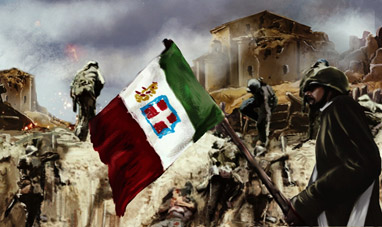

ITALIAN IRREDENTISM
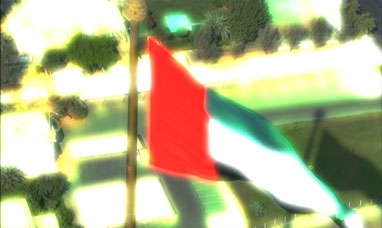

FOUNDING OF UNITED ARAB EMIRATES


DISCOVERY OF AMERICA, THE
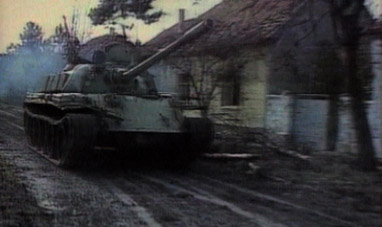

THE BALKAN WARS OF THE 1990S


SECOND ITALIAN WAR OF INDEPENDENCE
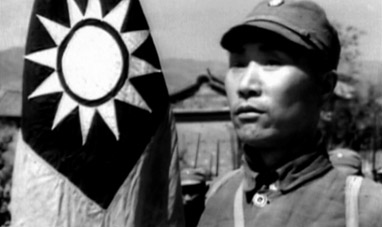

THE TAIWAN ISSUE
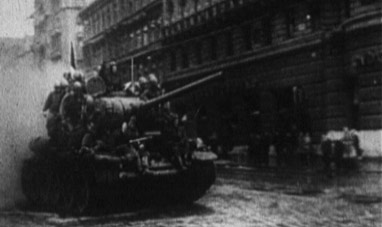

THE HUNGARIAN REVOLUTION OF 1956
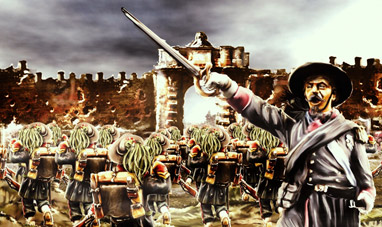

CAPTURE OF ROME
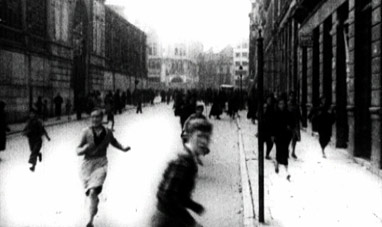

THE SPANISH CIVIL WAR
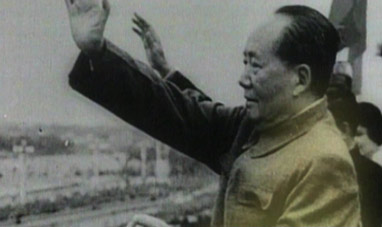

FOUNDING THE PEOPLE'S REPUBLIC OF CHINA
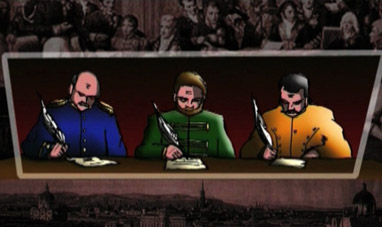

THE CONGRESS OF VIENNA
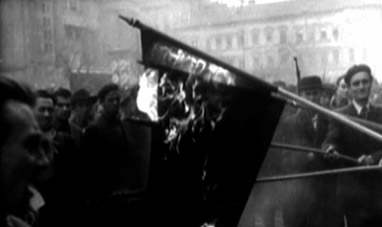

THE PRAGUE SPRING
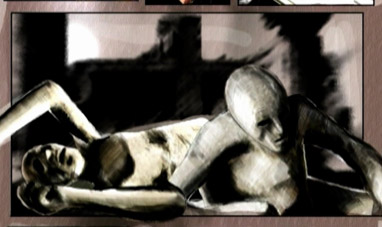

THE DESTRUCTION OF POMPEI


THE CHERNOBYL ACCIDENT


THE KOSOVO WAR


FIRST ITALIAN WAR OF INDEPENDENCE
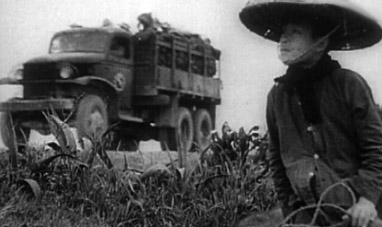

THE VIETNAM WAR
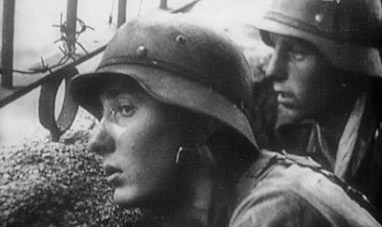

THE RUSSIAN CAMPAIGN
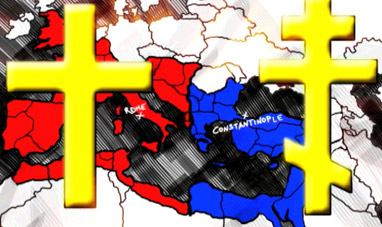

GREAT SCHISM, THE
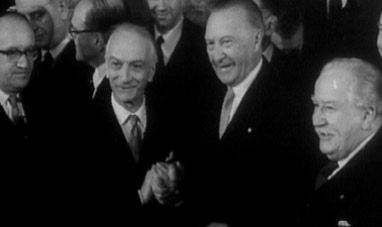

FOUNDING THE EUROPEAN COMMUNITY
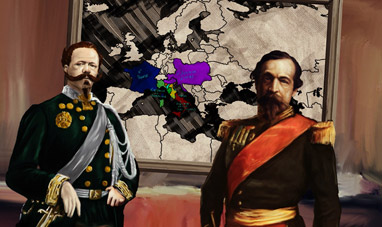

PLOMBIÈRES AGREEMENTS
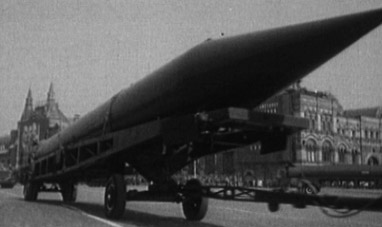

THE CUBAN MISSILE CRISIS
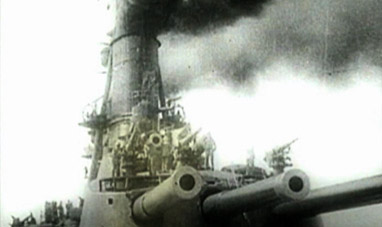

THE OUTBREAK OF WORLD WAR I
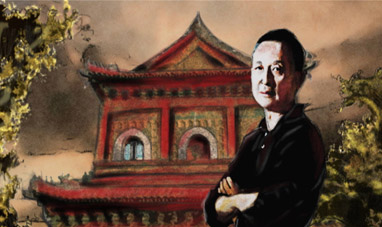

GAO XINGJIAN


THE FIRST MOON LANDING
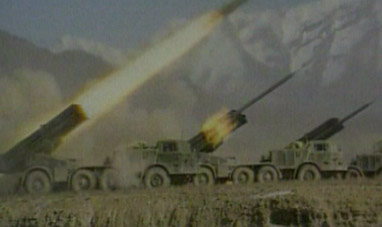

THE SOVIET INVASION OF AFGHANISTAN


ASIAN TSUNAMI 2004
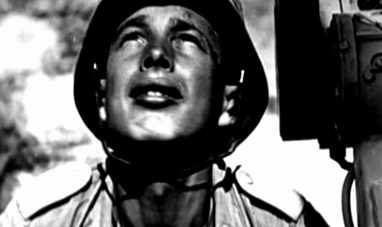

WORLD WAR II
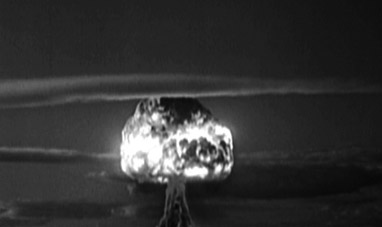

HIROSHIMA AND NAGASAKI


THE BIRTH OF ISRAEL
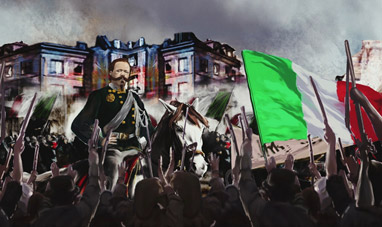

THIRD ITALIAN WAR OF INDEPENDENCE
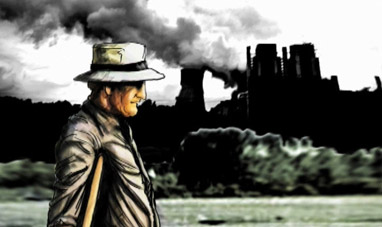

THE INDUSTRIAL REVOLUTION
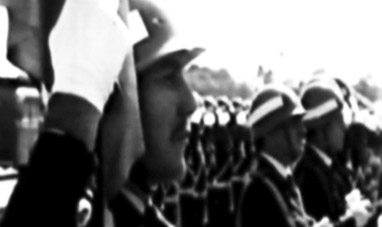

THE ARGENTINE DICTATORSHIP, 1976-1983
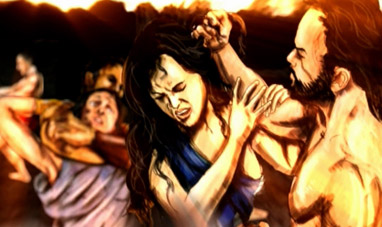

THE RAPE OF THE SABINE WOMEN
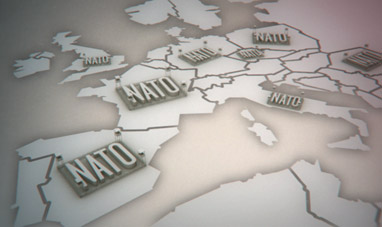

NATO (NORTH ATLANTIC TREATY ORGANIZATION)


THE FIRST INTIFADA
